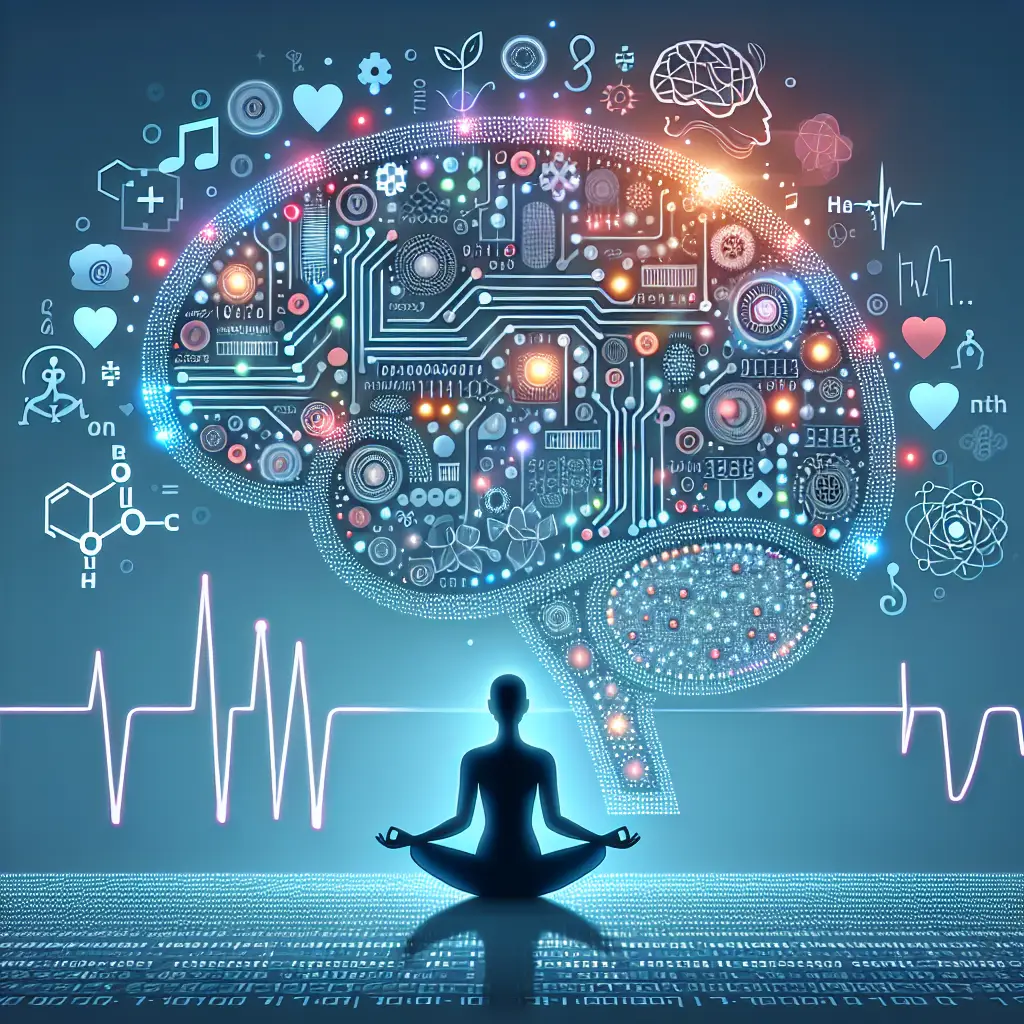Over the last decade, mental health has emerged as a subject of paramount importance globally. The awareness of its relevance and significance has dramatically changed with the rise of various influencers, media discussions, policy changes, and scientific advancements. One remarkable innovation in this space is the development of mental health apps for smartphones and tablets, which has grown exponentially in recent years.
Mental health apps are digital tools designed to improve and manage mental well-being. They encompass a broad spectrum that includes mood tracking, mindfulness and meditation, cognitive training, stress management, and interactive therapy, among many others. This unique technology has redefined the landscape of mental health care by significantly improving its accessibility, affordability, and many aspects of treatment effectiveness.
# Technology and Mental Health: A New Relationship
Modern technology has allowed us a broader reach in terms of communication and connectivity. It has also prompted proliferation in digital mental health tools. This proliferation has been fuelled by many factors, including the fact that people have been increasingly comfortable with technology integrated into their daily lives, the ease of use that apps provide, the insufficient supply of mental health professionals compared to the global demand, and the extensive stigma still associated with mental health.
The mental health tech market today is vast, with over 10,000 mental health apps currently available. The apps aim to help people monitor, manage, and reduce symptoms, cope with stress, and promote positive behavioral change. These range from simple mood trackers and mindfulness apps to comprehensive digital therapeutics designed to mitigate specific mental health conditions such as depression, anxiety disorders, bipolar disorder, post-traumatic stress disorder, and more. In some cases, these alternatives are merged with traditional therapy or medications, and in other scenarios, they stand alone as treatment protocols. The role of these apps in mental health care has steadily become more crucial, particularly due to their ability to fill some existing gaps in the current health care system.
# Accessibility: Apps Breaking Down Barriers
One of the most significant barriers to accessing mental health services has been geographical location. In many regions, particularly rural and underdeveloped areas, psychological services are scarce with very few trained professionals available. Moreover, even in places where services are accessible, wait times for appointments can often be too long for those in urgent need of assistance.
Mental health apps help to overcome these barriers. They offer immediate help, available 24/7, right at your fingertips. Regardless of where you live, as long as you have an internet connection, these mobile applications can provide instantaneous advice, effective coping mechanisms, or direct contact with licensed therapists. This ease of access can act as a lifeline in a crisis or as a daily tool for managing one’s mental health.
# Affordability: An Economic Solution
The financial cost of mental health treatment is frequently a substantial deterrent for many people. Traditional therapy and medications can be costly and often out of reach for individuals without comprehensive health insurance. Mental health apps provide a practical and economic solution to this issue.
While some apps offer subscription-based services, many others are free to use or significantly cheaper than traditional treatment methods. Some even offer in-app purchases for added features or content. This affordable and scalable solution can help bridge the gap between need and care, making mental health support available to a wider range of individuals.
# Destigmatizing Mental Health
One of the greatest challenges for mental health is the stigma associated with it. Discussing mental health has always been challenging with negative stereotypes and misconceptions persisting. Many people suffering from mental health issues keep their struggles to themselves because they fear judgment, shame, or discrimination.
These technological solutions have an important role to play in overcoming this barrier. The anonymity that mental health apps can provide may encourage more people to seek help. They offer a safe and private platform for users to express their feelings, learn about their conditions, seek help, and take control of their mental health without fear of judgment or stigmatization.
# Personalization and Engagement
Many mental health apps use a user-centric approach, offering customizable solutions that cater to specific individual needs. These apps collect data about a user’s behaviors, moods, thoughts, and other relevant factors to provide personalized feedback and advice. This level of tailoring is often not feasible in traditional talking therapies and can make therapy more attractive and engaging for many users.
Moreover, apps often use engaging methodologies such as gamification to motivate and reward users. They can track your progress, set reminders, and provide positive reinforcement – features that can encourage regular usage and adherence to treatment plans, leading to better outcomes.
# Scientific Backing and Potential Pitfalls
While the benefits of mental health apps are becoming increasingly clear, it’s essential to acknowledge potential drawbacks and the importance of using scientifically validated apps. There is a risk of relying on self-diagnosis guided by an app, which can lead to inaccurate understanding and management of mental health conditions. Additionally, privacy can be a concern for these digital technologies – it’s vital to ensure any app used follows strict data protection regulations and guidelines.
Scientific backing is paramount for these apps to be truly effective. Many leading apps in the market place today are backed by substantial scientific research, clinical trials, and user experience data. These high-quality apps must be preferred over others, as they would provide a more reliable diagnosis, better treatment suggestions, and follow strict ethical guidelines.
Despite the potential caveats, the ascent of mental health apps has undoubtedly opened up new avenues in promoting mental well-being. As digital age continues to evolve, technology will play increasingly crucial roles in the provision, support, and management of mental health services. With the right regulations and scientific support, mental health apps can have a significant positive impact on millions of people globally. Above all, they could help foster a more understanding, empathetic, and health-conscious society.
Share this content:

